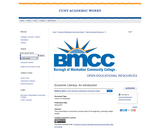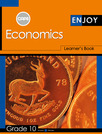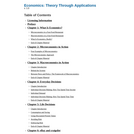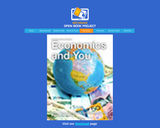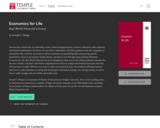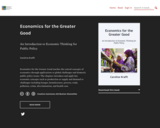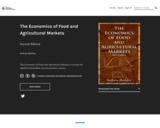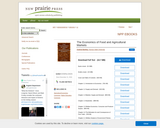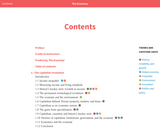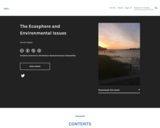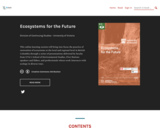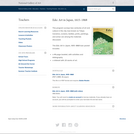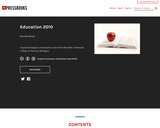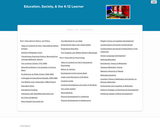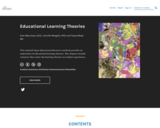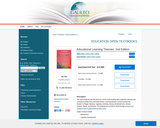An Introduction to Economic Thinking for Public Policy
Short Description:
Economics for the Greater Good teaches the central concepts of economics through applications to global challenges and domestic public policy issues. The chapters introduce and apply key economic concepts such as production or supply and demand to challenges including hunger, homelessness, poverty, trade, pollution, crime, discrimination, and health care.
Long Description:
Economics for the Greater Good: An Introduction to Economic Thinking for Public Policy teaches the central concepts of economics through applications to global challenges and domestic public policy issues. Chapters tackle issues of hunger, homelessness, rent control, minimum wages, globalization and trade, crime, discrimination, poverty and anti-poverty programs, education, pollution, health care, social safety nets, and government spending. Both microeconomic and macroeconomic concepts are introduced, including production, markets, supply and demand, price controls, models of trade and trade restrictions, cost-benefit analysis, budget constraints, public goods, externalities, taxes and subsidies, and government budgets and debt. Each chapter presents evidence on a pressing social problem, introduces an economic model to help understand that problem, and discusses evidence on what programs and policies work to alleviate global challenges.
Word Count: 54058
(Note: This resource's metadata has been created automatically by reformatting and/or combining the information that the author initially provided as part of a bulk import process.)
